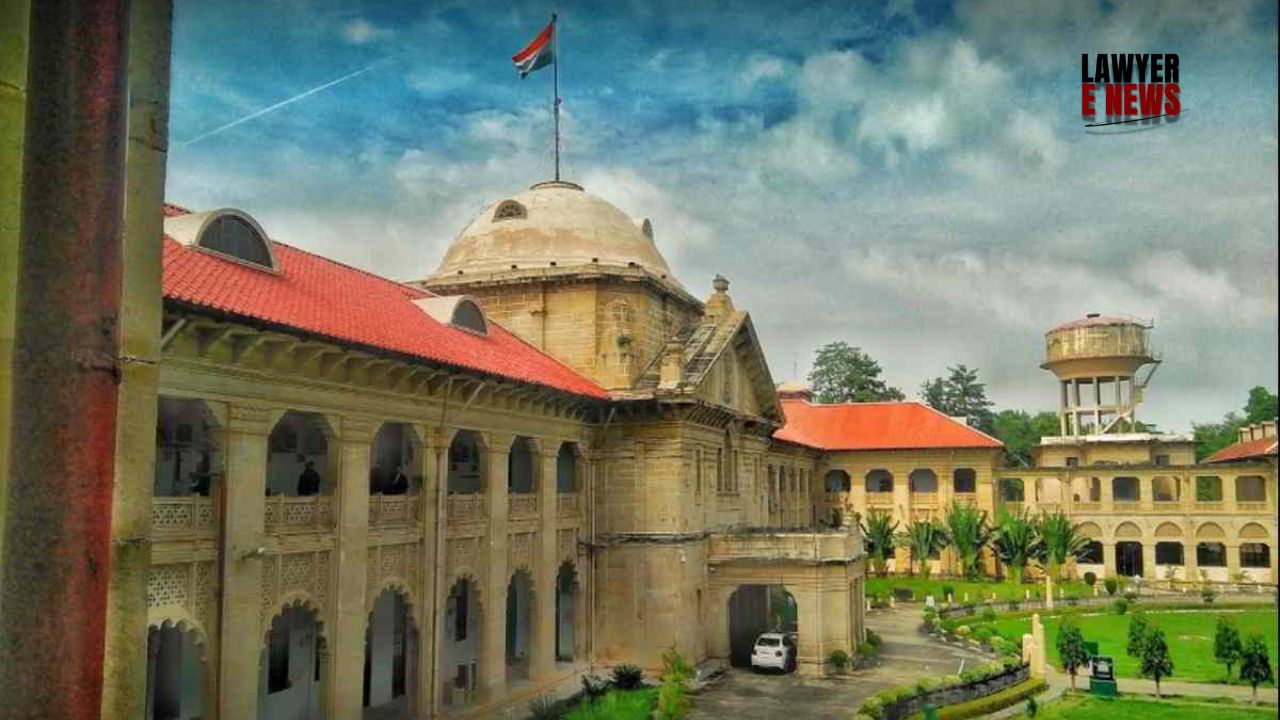-
by Admin
15 February 2026 5:35 AM



“The Revisional Authority could not have exercised powers under Rule 29(1)(vi) of the CCS (CCA) Rules 1965 after an unreasonable delay of five years from the original disciplinary order.” – Justice Vikas Budhwar, Allahabad High Court.
In the case Union of India & Ors. vs. Namo Narain Prasad, the Allahabad High Court addressed a significant legal question about the revisional powers of the Postal Department under Rule 29(1)(vi) of the Central Civil Services (Classification, Control & Appeal) Rules, 1965 (CCS CCA). The Union of India, representing the Postal Department, sought to overturn a decision by the Central Administrative Tribunal (CAT), Lucknow Bench, which had quashed the compulsory retirement of Namo Narain Prasad, a Sub Post Master (SPM), following alleged financial irregularities. The CAT had ruled that the Postal Department exceeded the permissible time limits for revising disciplinary actions, and the High Court upheld this decision.
The primary legal issue was whether the Postal Department’s Revisional Authority had the power to enhance Prasad’s punishment to compulsory retirement nearly five years after the initial disciplinary order was passed. The court examined Rule 29(1)(vi) of the CCS (CCA) Rules 1965, which governs the revision of disciplinary decisions.
The court emphasized that while the rule allows the Revisional Authority to revise penalties, such revisions must occur within a reasonable time. The court stated, "Even though Rule 29(1)(vi) provides that authorities may exercise this power 'at any time,' this must be interpreted to mean within a reasonable period, as set by legal precedents."
The court referenced the Union of India v. Vikrambhai Maganbhai Chaudhary judgment, where the Supreme Court held that the absence of a specified time limit for revisions in the relevant notification under Rule 29 does not imply an indefinite period for exercising such powers. Applying this principle, the High Court found the five-year delay unjustifiable.
Prasad was accused of misappropriating ₹3,88,060 during his tenure as Sub Post Master at Sikandarpur Bus Stand from 2012 to 2014. Following an internal inquiry, he was suspended in 2014, and in 2017, the Postal Department imposed four penalties, including demotion and financial recoveries. Prasad appealed against the decision, but his appeal was rejected in 2018. After a subsequent revision petition by Prasad, the Revisional Authority issued a notice in 2022 intending to enhance his punishment to compulsory retirement. This action was contested in the CAT, leading to the present writ petition by the Postal Department.
The CAT found that the Postal Department had delayed its action and that Rule 29(1)(vi) could not be invoked for punishment enhancement so long after the original order. Furthermore, it reinstated Prasad, albeit without back wages.
The court relied heavily on Supreme Court precedents, particularly the Vikrambhai ruling, which underscores the principle that revisional authorities must act within a reasonable timeframe. In this context, the five-year gap between the original disciplinary order and the enhancement was deemed excessive, particularly since the revision was initiated just one month before the expiration of the original five-year penalty term.
The court ruled in favor of Prasad, dismissing the Postal Department's petition and affirming the CAT’s decision. The court’s judgment reaffirms that revisional powers, while broad, are not limitless and must be exercised within a reasonable period to ensure fairness and compliance with legal standards.
This judgment is a significant precedent for cases involving the enhancement of disciplinary penalties under CCS (CCA) Rules. It limits the authority of government departments to revise penalties long after the fact, promoting fairness and timely justice in disciplinary matters. The decision may influence future cases where employees challenge delayed punitive actions by administrative authorities.
Date of Decision: 9 September 2024
Union of India & Ors. vs. Namo Narain Prasad
